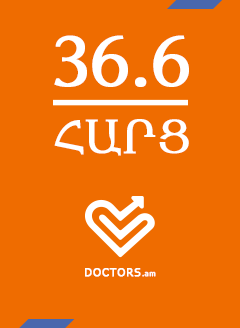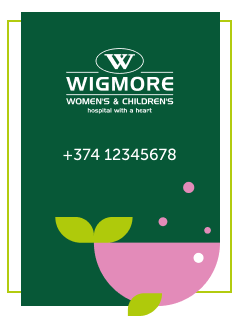Cretinism: Congenital hypothyroidism (underactivity of the thyroid gland at birth), which results in growth retardation, developmental delay, and other abnormal features. Cretinism can be due to deficiency of iodine in the mother's diet during pregnancy.
Etymology and use of cretin
The term cretin describes a person so affected, but, as with words such as spastic, idiot and lunatic, also is a word of abuse. Cretin became a medical term in the 18th century, from an Alpine French dialect prevalent in a region where persons with such a condition were especially common (see below); it saw wide medical use in the 19th and early 20th centuries, and then spread more widely in popular English as a markedly derogatory term for a person who behaves stupidly. Because of its pejorative connotations in popular speech, health-care workers have mostly abandoned cretin.
The etymology of cretin is uncertain. Several hypotheses exist. The most common derivation provided in English dictionaries is from the Alpine French dialect pronunciation of the word Chrétien ("(a) Christian"), which was a greeting there. According to the Oxford English Dictionary, the translation of the French term into "human creature" implies that the label "Christian" is a reminder of the humanity of the afflicted, in contrast to brute beasts. Other sources suggest that Christian describes the person's "Christ-like" inability to sin, stemming, in such cases, from an incapacity to distinguish right from wrong.
Other speculative etymologies have been offered:
From creta, Latin for chalk, because of the pallor of those affected.
From "Crete", where iodine insufficiency (hypothyroidism) was common prior to the modern era.
From cretira, Grisson-Romance creature, from Latin creatus.
From cretine, French for alluvium (soil deposited by flowing water), an allusion to the affliction's suspected origin in inadequate soil.












